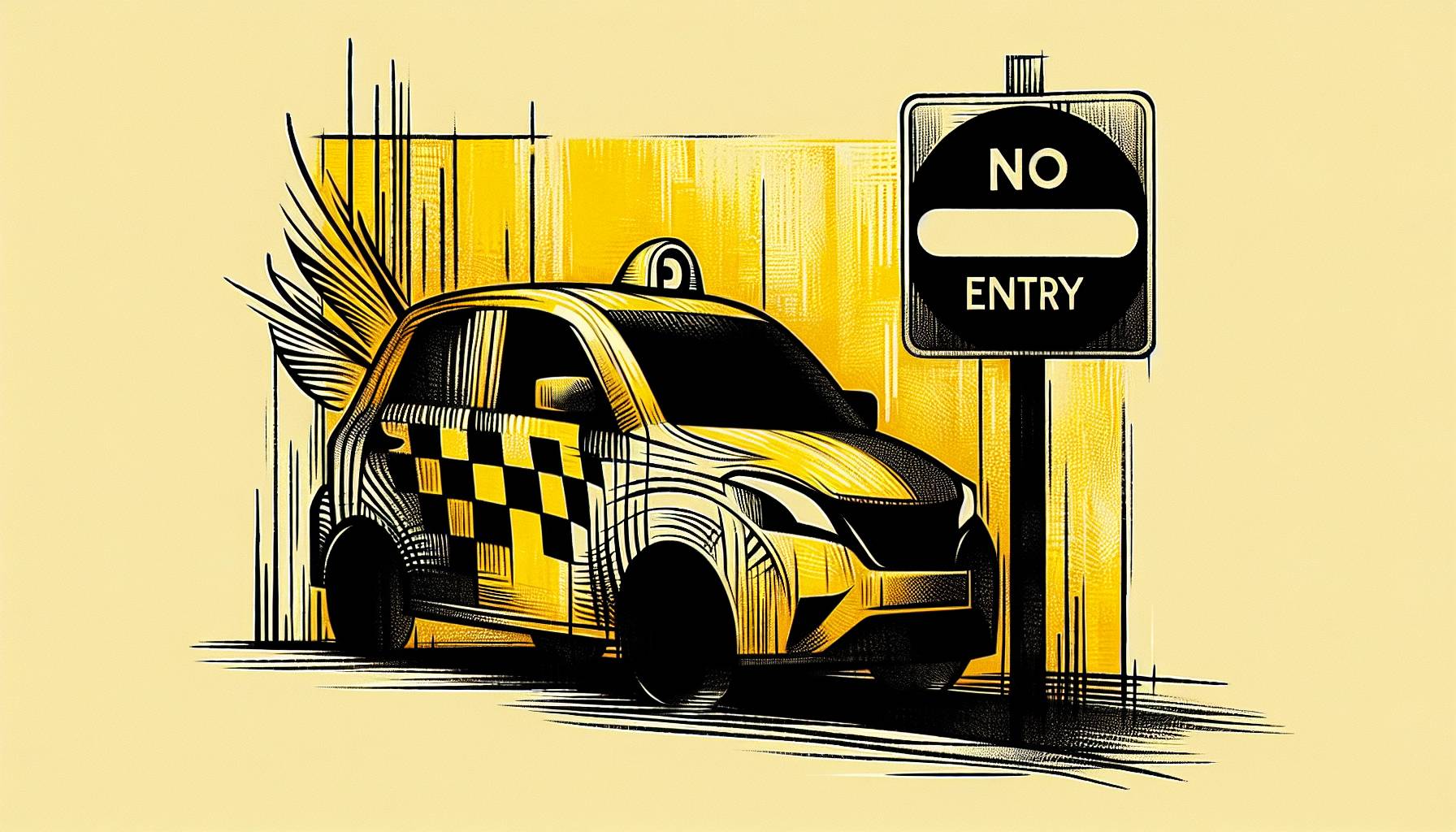A fascinating story in the mobile gaming world is that of Electronic Arts, one of the biggest video game publishers in the world, and the effort it’s putting into the mobile space.
EA has been fighting hard to gain a foothold in publishing video games for Apple’s iOS platform and Google’s Android operating system, and at a few points, it has done a pretty great job. For example, EA’s Dead Space was considered by many (including me) to be among the best iPad game of 2011. Lately however, EA has been struggling. The big games it publishes, meant to be crossover hits with its largest franchises on PC and traditional gaming consoles, have flopped.
As a story from GamesIndustry points out, the tale of EA’s struggle is somewhat typical among traditional video game publishers. Many thought that as big companies entered the mobile space and brought money to invest in huge titles with them, they would dominate mobile gaming just as they dominate gaming on PC, Xbox 360, PlayStation 3 and Nintendo Wii. But that doesn’t seem to be the case, according to new data published by Flurry Analytics.
Flurry says traditional publishers control only about one-third of games being played on mobile platforms. “New publishers,” or publishers and developers who had only publish mobile games and never published on other platforms, accounted for 68 percent of the 32 billion or so gaming app sessions Flurry tracked during January and February 2012. Games published by existing publishers, those who had made games for other platforms before going mobile, accounted for the other 32 percent of sessions.
What’s more, gaming is continuing to expand on mobile platforms. Flurry stated that it tracked more than 20 times the number of gaming sessions in the first quarter of 2012 than it did during the same period in 2010. That’s a whole lot of people playing mobile games, but obviously the big names and big budgets haven’t translated into a command of the mobile space for traditional gaming publishers.
One reason why money and name recognition haven’t translated into bigger game sales is that making games on mobile platforms can still be done rather cheaply by small teams of developers, and often with great success. There are quite a few independent developers out there who have struck gold by making low-cost games. With cheap prices for players, small games that wouldn’t get as much attention on traditional platforms are free to thrive in many conditions on mobile platforms. Having more money to throw at making mobile games doesn’t necessarily lead to better ones than indie developers can produce.
Still, Electronic Arts and the other major publishers aren’t going anywhere, and it seems like one of their greatest weapons will be to link their larger video game fan bases into mobile gaming. EA is attempting to do so with the release of Mass Effect: Infiltrator, a game that ties with the release of Mass Effect 3, a huge title in console and PC gaming – although it has struggled with poor critical reception. Ubisoft, another big publisher, keeps releasing games that tie-in with its extremely popular Assassin’s Creed franchise, and that approach seems to be working.
For now, however, mobile gaming is still a pretty free and wild place where very interesting titles are getting made. Hopefully the interest of big publishers doesn’t stifle that creativity.












